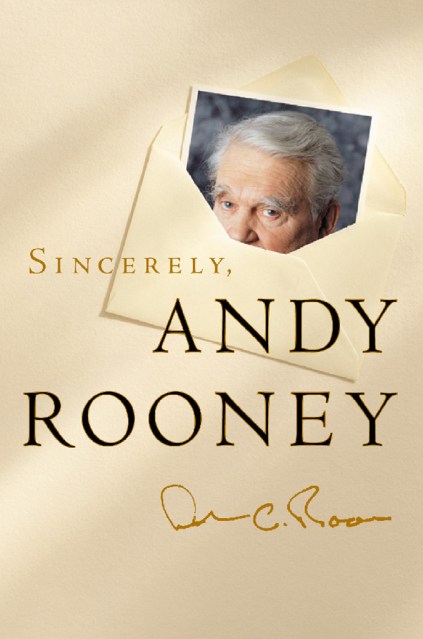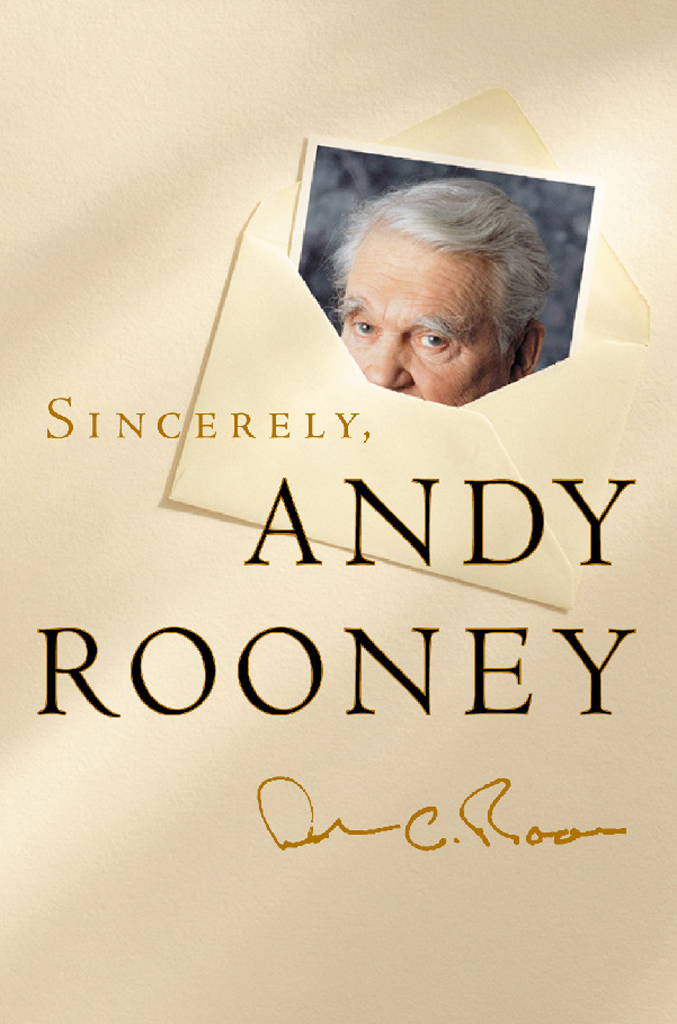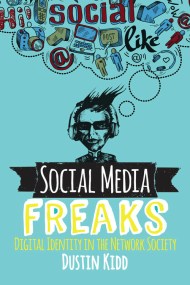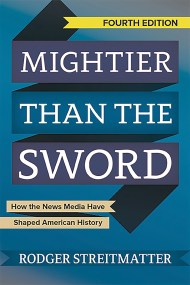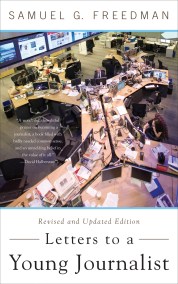Promotion
Use code MOM24 for 20% off site wide + free shipping over $45
Sincerely, Andy Rooney
Contributors
By Andy Rooney
Formats and Prices
Price
$9.99Price
$12.99 CADFormat
Format:
ebook $9.99 $12.99 CADThis item is a preorder. Your payment method will be charged immediately, and the product is expected to ship on or around April 28, 2009. This date is subject to change due to shipping delays beyond our control.
Also available from:
Andy Rooney’s weekly commentaries on 60 Minutes and his twice-weekly syndicated newspaper columns-addressing everything from deceptive cereal packaging to the existence of God-have made him America’s best-known critic of the quotidian. As you might imagine, he gets a lot of letters in response to his often iconoclastic views. As you might not expect, he writes a lot of letters, too.
Now Rooney has collected the funniest, wisest, and most interesting of his letters, spanning several decades and addressing issues both momentous and trivial. He responds to complaints from viewers; he corresponds with old friends; and he writes to his children about the things he cares about most. Variously caustic, hilarious, and sage, these unfailingly entertaining letters reveal not only Rooney the iconoclast but Rooney the American Everyman. Sincerely, Andy Rooney is Andy Rooney at his best-and a wonderful gift book that will make readers chuckle and think twice.
Now Rooney has collected the funniest, wisest, and most interesting of his letters, spanning several decades and addressing issues both momentous and trivial. He responds to complaints from viewers; he corresponds with old friends; and he writes to his children about the things he cares about most. Variously caustic, hilarious, and sage, these unfailingly entertaining letters reveal not only Rooney the iconoclast but Rooney the American Everyman. Sincerely, Andy Rooney is Andy Rooney at his best-and a wonderful gift book that will make readers chuckle and think twice.
Genre:
- On Sale
- Apr 28, 2009
- Page Count
- 336 pages
- Publisher
- PublicAffairs
- ISBN-13
- 9780786731350
Newsletter Signup
By clicking ‘Sign Up,’ I acknowledge that I have read and agree to Hachette Book Group’s Privacy Policy and Terms of Use
